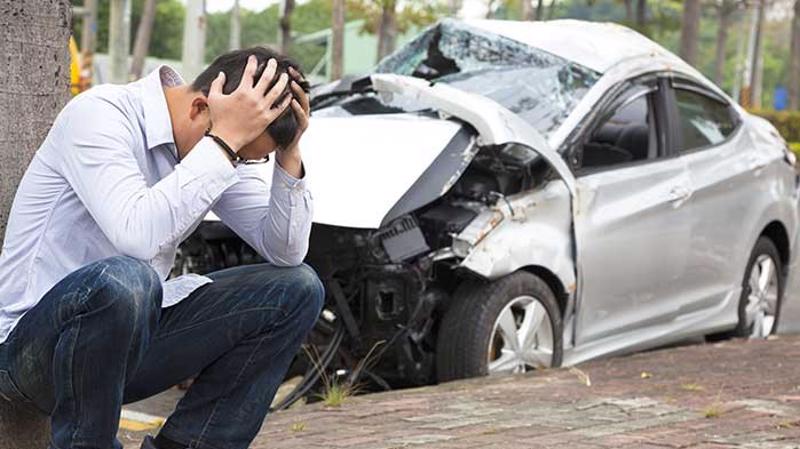What to Know About Vehicular Manslaughter
Due to the illegal driving of a vehicle, an individual’s death due to speeding, reckless driving, drunk driving, or gross negligence is a crime. Vehicular manslaughter can be regarded as a misdemeanor, a minor offense resulting in a fine or punishment of one year in the county jail. It can be considered a felony punishable by a prison term, depending on the circumstances.
Gross negligence or exceeding the speed limit while driving and causing an accident could be charged as a misdemeanor. But drunk driving that results in a fatality would most likely be treated as a felony. The death of a passenger, including a family member or friend, can be vehicular manslaughter if illegal driving is involved.
State laws vary significantly concerning the definition and penalizing driving-related deaths. Most jurisdictions have vehicular homicide laws that are specific to vehicular deaths. Other jurisdictions prosecute the crime under more general murder and manslaughter laws.
Most states regard “vehicular homicide” as a separate class of homicide that applies exclusively to drivers causing another’s death while operating a vehicle. Examples of this would be driving while intoxicated or under the influence of drugs. Depending on the jurisdiction, vehicular homicide could be defined as the following:
- Causing the death of someone while driving a vehicle in a reckless, grossly negligent, or negligent fashion
- Negligent driving
- In certain jurisdictions, a driver can be charged with vehicular homicide resulting in a fatality caused by negligent driving
- Negligence is typically defined as failing to exercise a degree of care that any reasonable individual would exercise under similar circumstances
- Negligence can also include careless or distracted driving that is not necessarily unlawful. An example of this would be a driver who takes his eyes off the road momentarily, causing an accident that results in a fatality.
- Grossly negligent driving
- Gross negligence involves more severe conduct than ordinary negligence
- A driver failing to perceive a risk that could result in an accident can be grossly negligent
- Reckless driving
- In some states, a motorist could be charged with vehicular homicide due to the death of someone while driving recklessly.
- Reckless driving is generally defined as a risk that has presented itself and is consciously disregarded by the driver.
- The driver was aware that his driving posed a severe threat but chose to ignore it.
- Negligent driving
- Causing the death of someone while in violation of the state’s DUI laws
- Causing the death of someone while committing a traffic offense
The penalties for a driving-related homicide vary by jurisdiction. In several states, vehicular homicide and other driving-related homicides are always considered felonies.
In other states, the crime could be a misdemeanor or a felony. If a death results, the conviction would typically result in a maximum sentence of one year in jail for a misdemeanor. For a felony conviction, the result could be a prison sentence of one or more years.
A driver who operates a vehicle and causes another person’s death, either through negligence, recklessness, or the illegal operation of a vehicle, will more than likely face criminal charges.
If you find yourself needing legal help because of another person’s negligence or recklessness that has caused a death, don’t hesitate to get that help. If you find yourself in need of an attorney because you have been accused of careless, reckless, or drunk driving that has resulted in a fatality, you also need legal help.
In either care, don’t hesitate. Contact a legal professional today to get the peace of mind you need and deserve.
